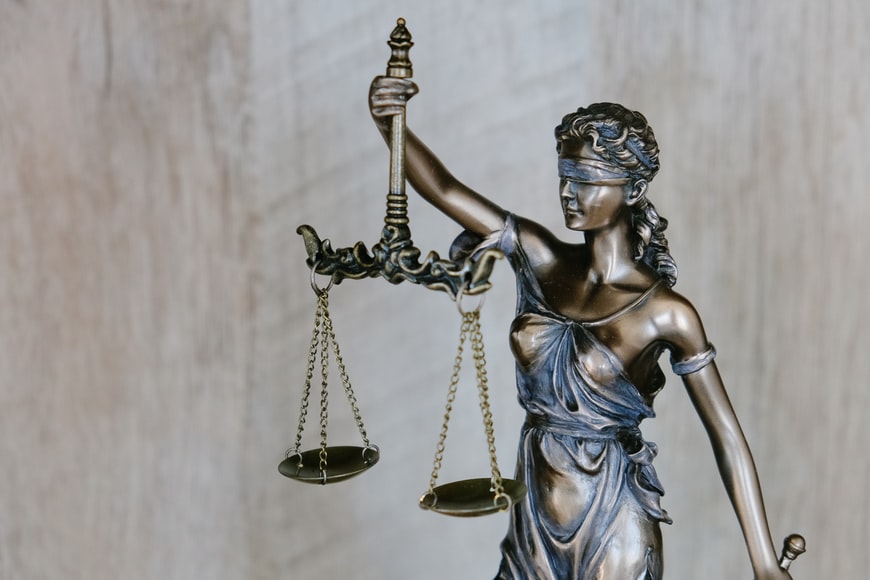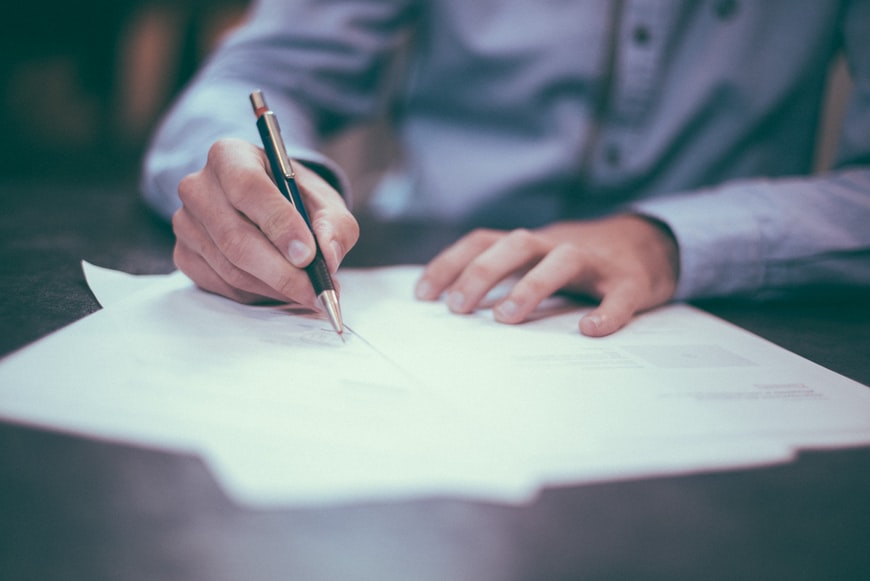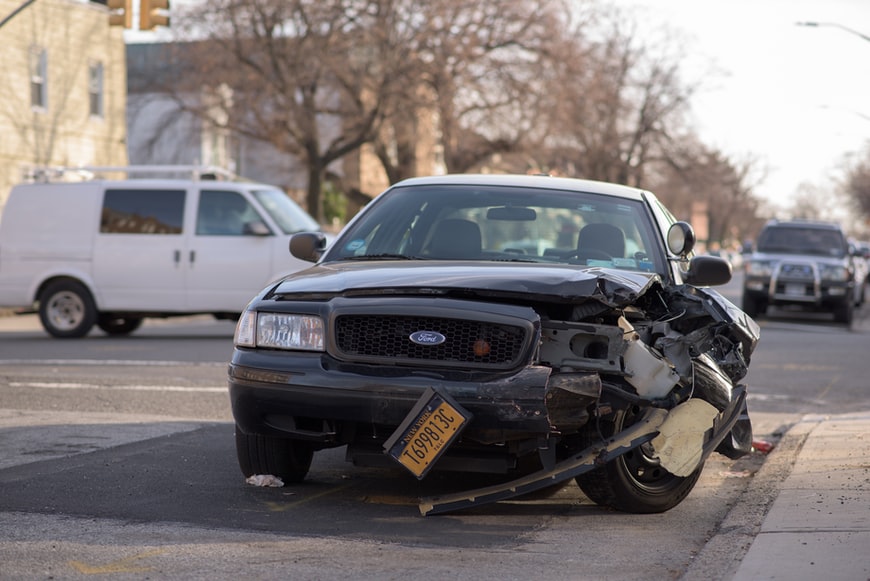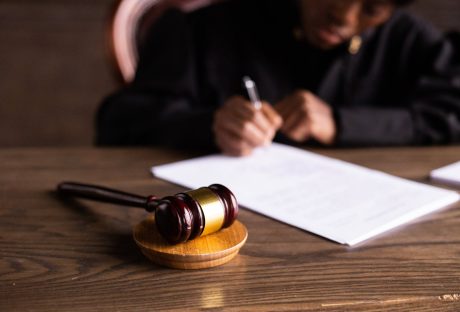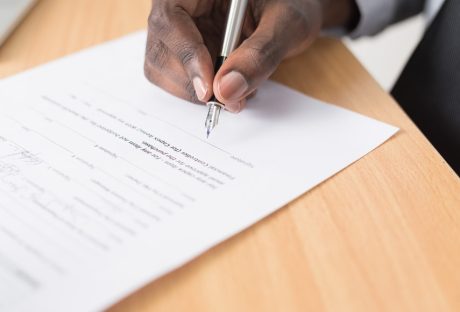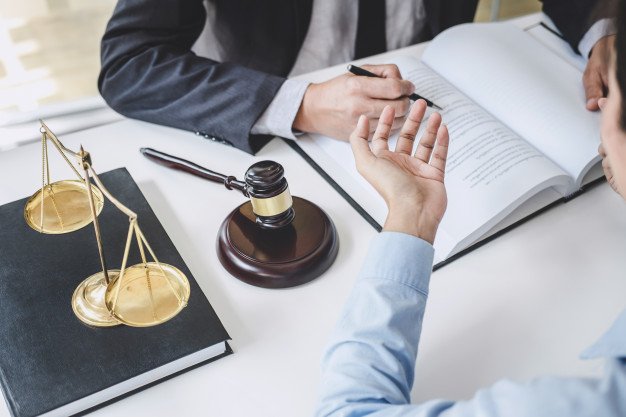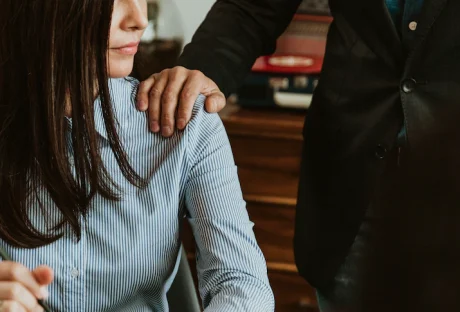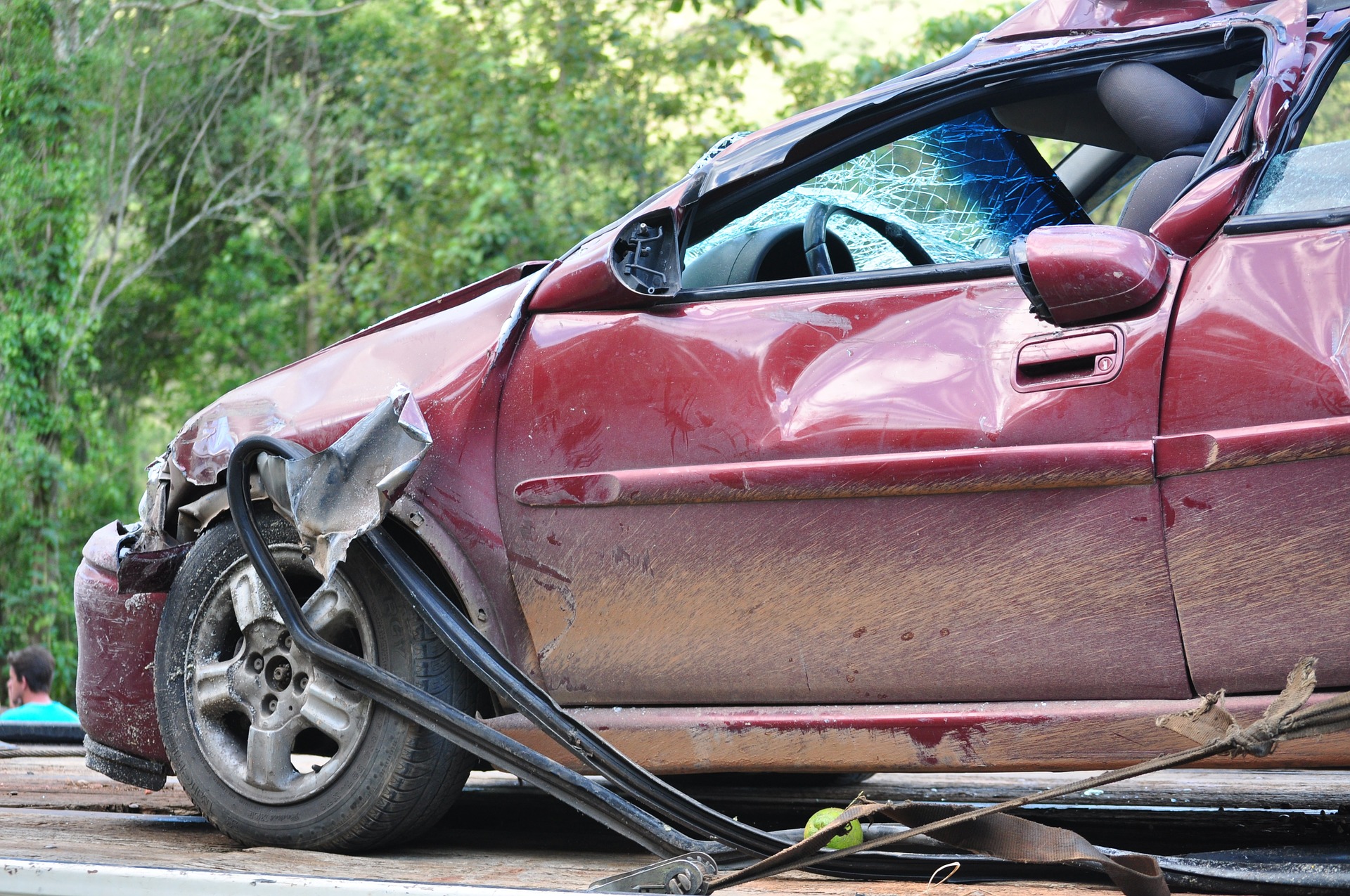California’s personal injury law encompasses all the cases where a person has been injured or harmed and strongly believes that a business or another business is legally obligated for those injuries and damages.
You can resolve a personal injury case in court or resolve the issue through settlements. Both ways can ensure you get the compensation you need to recover from the losses brought by personal injuries.
Common Types of Claims
Personal injury claims in the state can arise from different kinds of injuries, like dog bites, slip and falls, or hit and runs. Every category of the claim has its regulations and rules you must follow.
For instance, every reliable personal injury attorney in Pasadena says that the responsibility of properties in California for slip and fall accidents is a vital aspect of filing claims against property owners.
Without understanding the way personal injury law in California affects different cases, as a plaintiff, you have fewer odds of good results for the following:
- Injury
- Accident
Statute of Limitations
This refers to the timeframe limit to file a case after getting personal injuries. In California, the limit for many claims is around two years.
That means, as a personal injury victim, you only have two years from the time you got an accident to file a case. If your injury is unknown, you have one year to file a lawsuit.
However, if you are filing a case against any government entity, you must file for a case within six months and even follow certain procedural rules.
Liability Issues
Personal injury claims basically have two main components. These include damages (losses) and liability (responsibility).
Based on the kind of claim you present, there might be many liable parties, of which they are all liable for the share of damages sustained.
Usually, liability issues are the most complex elements of personal injury claims. For instance, if you got rear-ended by another car driver who didn’t pay attention, that driver will be responsible for the damages and injuries sustained.
However, if you were in the middle of a multi-vehicle accident, more than one driver can be liable for the incident. The same holds true in a case involving:
- Wrongful death
- Unsafe premises
- Defective products
Proving Negligence in California
In order to prove negligence when it comes to personal injury cases in the state, you need to take several steps once the injury and accident happen.
This may include taking pictures of the accident and visible injuries. If it is a car accident, take several pictures of the other driver’s vehicle.
Apart from collecting pictures, you will also need to get a police report written up and collect statements from several witnesses. Afterward, go to a nearby hospitable or medical client to have a full check-up, including X-rays.
Final Say!
Nearly every Californian needs to use caution and due care to avoid causing injuries to other people. Even when a judge doesn’t allow you to proceed with the punitive damages, proof of negligence will influence compensation for the non-economic damages, loss of lifetime employment, and permanent disability.
Read Also:













